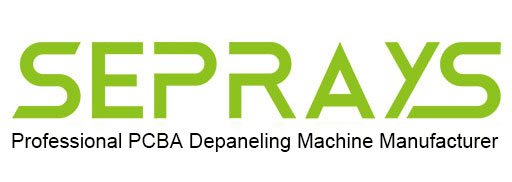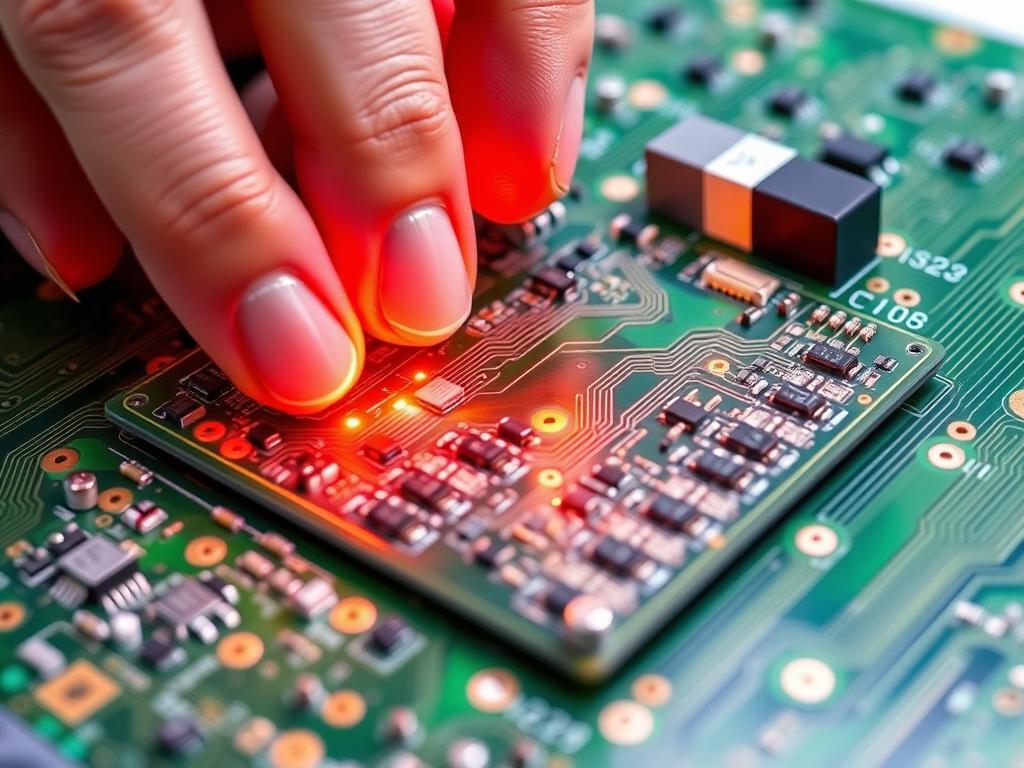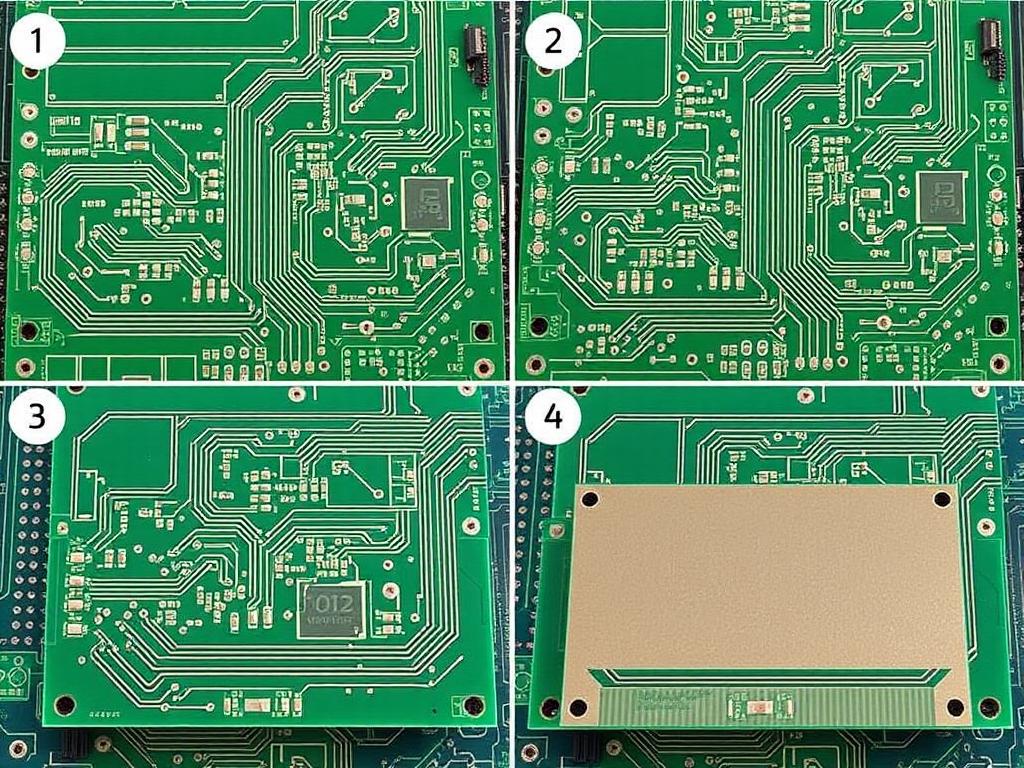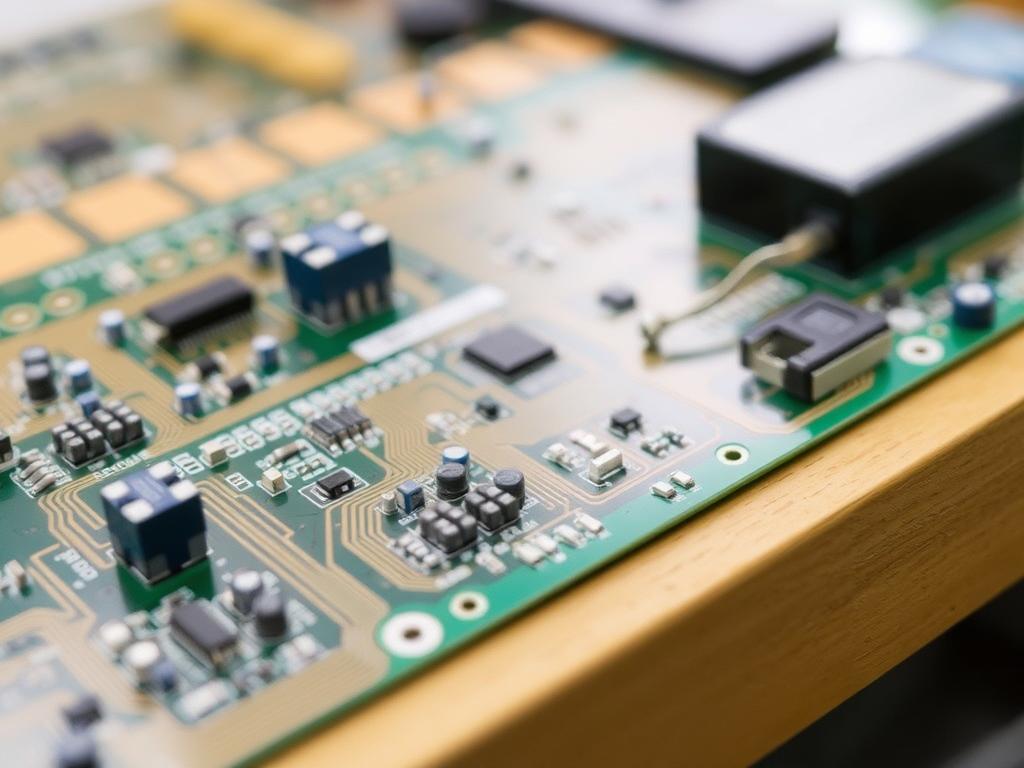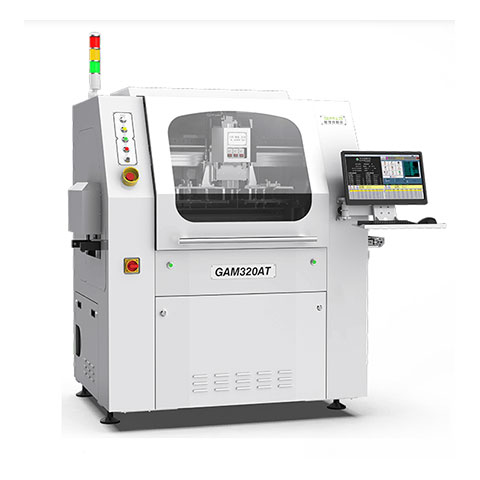![]()
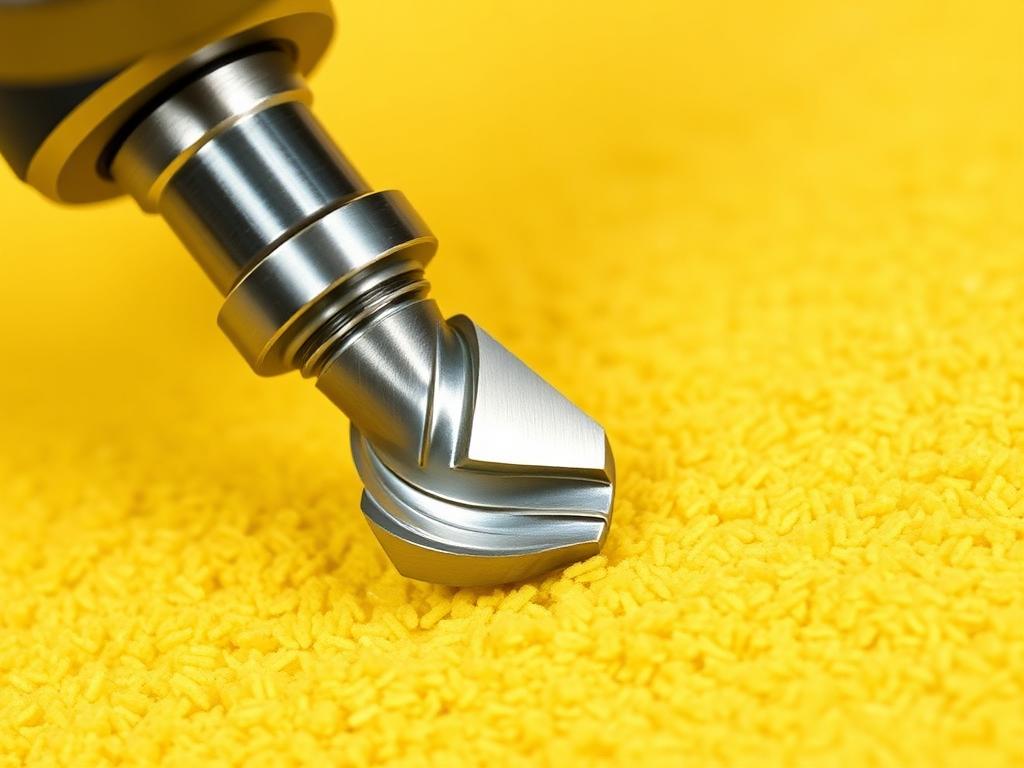
What is plain milling cutter
The Ultimate Guide to Plain Milling: Essential Techniques and Modern Applications in PCB Manufacturing
Plain milling is a fundamental machining process that has revolutionized modern manufacturing, particularly in the electronics and PCB industry. This comprehensive guide will explore everything from basic concepts to advanced applications, helping you understand how this crucial technique impacts precision manufacturing and PCB production.
What Exactly is Plain Milling and Why Does it Matter?
Plain milling, also known as slab milling, is a fundamental machining process where a rotating cutter removes material from a workpiece to create flat surfaces. In the context of PCB manufacturing, this technique has become increasingly important for achieving precise cuts and maintaining high quality standards.The process involves:
- Rotating cutting tools mounted on a milling machine spindle
- Controlled material removal for precise dimensions
- Creation of flat, smooth surfaces on various materials
Key Benefits:
- High precision and accuracy
- Consistent surface finish
- Versatility across materials
- Cost-effective production
How Does Plain Milling Work in Modern Manufacturing?
Modern plain milling operations utilize advanced technology and precise control systems. The process typically involves:
- Workpiece setup and securing
- Cutter selection and mounting
- Speed and feed rate adjustment
- Material removal in controlled passes
“Plain milling is essential for achieving the tight tolerances required in PCB manufacturing, especially when working with multi-layer boards.” – PCB Depaneling Machine
Types of Plain Milling Cutters: Which One Should You Choose?
Different applications require specific types of cutters:
| Cutter Type | Application | Advantages |
|---|---|---|
| Light-duty cutters | Precision work | Better surface finish |
| Heavy-duty cutters | Bulk material removal | Higher productivity |
| Form milling cutters | Complex profiles | Specialized shapes |
What Are the Essential Components of a Plain Milling Machine?
A modern plain milling machine consists of:
- Milling machine spindle
- Milling machine table
- Cutting tools
- Control systems
- Workpiece holding devices
Learn more about our Router Machine & Robotic Arm solutions.
How to Optimize Plain Milling Operations?
To achieve the best results:
- Select appropriate cutting speed
- Use proper feed rates
- Maintain sharp cutters
- Ensure rigid workpiece mounting
- Monitor cutting parameters
What Materials Can Be Processed Using Plain Milling?
Plain milling can handle:
- Carbon steel
- High-speed steel
- Various PCB materials
- Composite materials
- Non-ferrous metals
Check out our PCB/FPC Punching Machine for specialized applications.
Common Challenges in Plain Milling and How to Overcome Them
Key challenges include:
- Tool wear
- Heat generation
- Surface finish issues
- Dimensional accuracy
Solutions involve:
- Proper cooling
- Regular tool maintenance
- Optimal cutting parameters
- Quality control measures
Advanced Plain Milling Techniques for PCB Manufacturing
Modern PCB manufacturing requires:
- Precision routing
- Clean cuts
- Minimal burr formation
- Consistent quality
Explore our V-Groove Depaneling solutions for advanced applications.
Frequently Asked Questions
How does plain milling differ from face milling? Plain milling focuses on creating flat surfaces parallel to the cutter axis, while face milling works perpendicular to it.What cutting speeds are recommended for PCB materials? Cutting speeds vary between 100-300 m/min depending on material properties and thickness.How often should plain milling cutters be replaced? Replace cutters when signs of wear appear or after processing specified linear meters of material.What safety measures are essential during plain milling operations? Always use proper PPE, ensure machine guards are in place, and follow standard operating procedures.
Key Takeaways
• Plain milling is crucial for precision manufacturing • Proper tool selection impacts quality • Regular maintenance ensures optimal performance • Advanced technology improves efficiency • Quality control is essential • Safety should always be prioritizedFor more information about our PCB manufacturing solutions, visit our Contact page.
